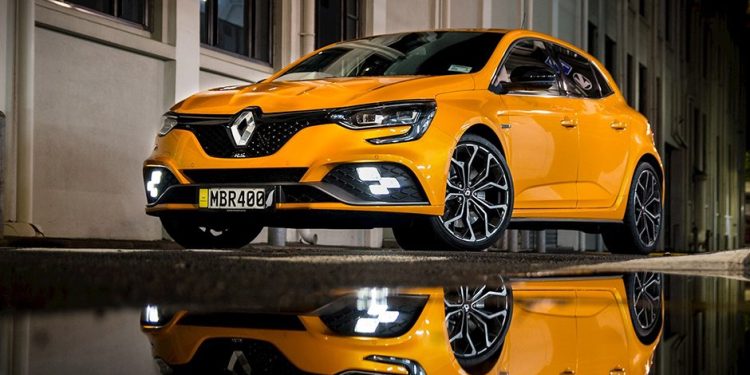Renault caught up in its own ‘Dieselgate’ scandal
Perhaps justifiably, Volkswagen is the brand that’s been most beaten by the advent of the ‘Dieselgate’ scandal. But it’s worth remembering that other brands did similar things in their diesel vehicles at the time, in an attempt to beat stringent European emissions standards.
One of them, according to investigators in France, is Renault. The marque has been charged with deceiving customers on the emissions levels of its diesel vehicles following an investigation that kicked off in 2017.
In response to the claims, Renault has acknowledged that its diesel vehicles produce more emissions when out on the open road compared to when cooped up in testing booths. However, it says this discrepancy does not stem from a ‘cheat device’ and the cars still follow regulations.
In a statement, Renault says its vehicles “are not equipped with any rigging software for pollution control devices,” adding that it “has always complied with French and European regulations.”
“Renault deceived no one,” Gilles Le Borgne, head of engineering, told the media. “What we know from the VW case is not at all the same for Renault. We don’t have defeat devices in our cars and never had them.”
Le Borgne added that the accusations leveled at Renault, that it had used a defeat device, are “erroneous and incomprehensible”.
Renault says it now has to make a €20million ($33.8million) bail payment and provide a whopping €60million ($101million) bank guarantee to cover the cost of potential damages, fines, compensation for losses, and other charges.
The news comes as Renault prepares to pivot towards electrification. It’s already announced that its future products will come with a 180km/h speed limit, while also confirming that it will be shutting down its Renault Sport division — its future performance projects now destined for its Alpine sub-brand.





